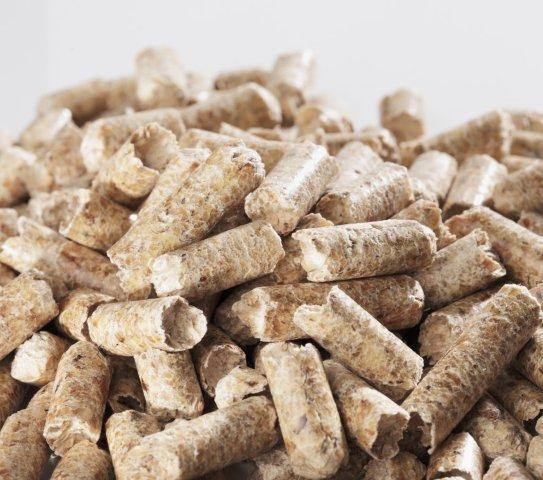FOR IMMEDIATE RELEASE
ACS News Service Weekly PressPac: November 06, 2013
Burning biomass pellets instead of wood or plants in China could lower mercury emissions
"Emission of Speciated Mercury from Residential Biomass Fuel Combustion in China"
Energy & Fuels
For millions of homes, plants, wood and other types of “biomass” serve as an essential source of fuel, especially in developing countries, but their mercury content has raised flags among environmentalists and researchers. Scientists are now reporting that among dozens of sources of biomass, processed pellets burned under realistic conditions in China emit relatively low levels of the potentially harmful substance. The report was published in the ACS journal Energy & Fuels.
Xuejun Wang and colleagues explain that mercury is associated with health problems, particularly in children. But reducing exposure to mercury remains a huge challenge. In 2010 alone, coal-fired power plants, gold mining, the burning of biomass for fuel and other sources generated about 2,000 tons of mercury emissions around the world. In China, biomass such as plants and wood contributes to nearly a third of the energy used in the nation’s rural areas. To take steps to reduce mercury emissions, however, researchers first need know how much of the substance comes from burning different types of biomass. The problem is that previous estimates were based on data measured in industrialized countries, which may not be accurate for other locations. To get a clearer picture of what’s happening in China, Wang’s team took measurements there with biomass sources and stoves that rural residents actually use to cook and keep themselves warm.
They found that the levels of mercury released from burning biomass in widely available stoves varied greatly, depending on the source. Some of the highest levels of mercury came from burning certain wood species in raw form, such as Chinaberry and Chinese pine. In comparison, biomass pellets compressed from cornstalks and pine wood released lower levels of mercury. “Biomass pellets can reduce mercury emissions compared with the uncompressed raw materials,” the scientists conclude.


